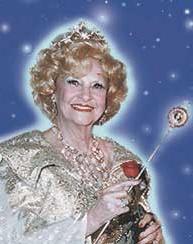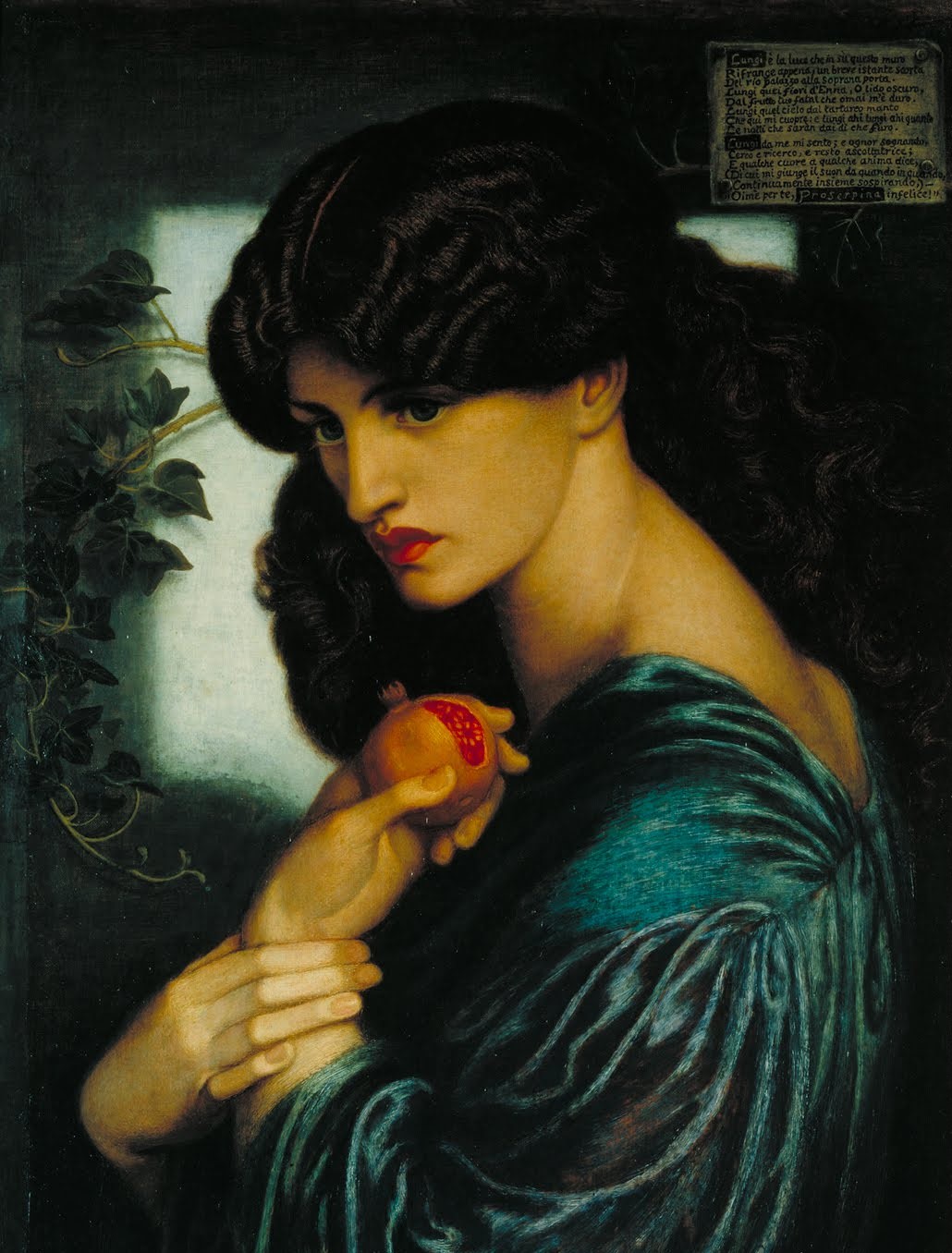II. The High Priestess
My Thoughts
The High Priestess has always captivated me. In the Pavlov card in particular, she is such a perfectly self-possessed figure, so confident of her capability. While the Magician to me feels like he could only teach illusions and tricks not worth their price, the High Priestess offers real power--the power of self-transformation. The pomegranate in her hand reminds me of pierced heart in the Three of Swords of this deck--it feels like a reminder that rebirth requires pain and loss. The High Priestess doesn't try to hide that the process will be a hard one, but she peels back the veil and invites you through anyways, to join her if you wish.
I think the High Priestess offers the Fool an alternative to the Magician. Instead of offering the power to change the world, I think the High Priestess offers the Fool the chance to change themself.
Traditional Reading
Biddy Tarot lists "Intuition, sacred knowledge, divine feminine, the subconscious mind" as keywords for the High Priestess.
Further into their explanation of the card, Biddy Tarot defines "the divine feminine" as "your connection to your intuition, compassion, empathy, and inner wisdom." I am personally extremely uncomfortable with entire binary concept of feminine and masculine energy that runs through traditional Smith-Waite deck intrepretations and hate seeing concepts like for instance "compassion" and "empathy," which are so vital for anyone to function kindly around other people, treated as being somehow more inherently fundamental to femininity than any other understanding of gender. I respect that others might find use in these readings but I have no personal interest in engaging with them.
What I did find more interesting was Pavlov's intrepretation of the cloistered aspect of the card as embodying the way historically, some women and people assumed to be women could use segregated spaces, like harems and convents, as spaces where they could claim power for themselves within otherwise bound lives. I think it is easy for me to feel despair at how little ability I have to change the world around me, and I think in some ways this card serves as a reminder to me of how important the power that I do have to change myself and my own life can be.
Personal Associations

Uriel was the leader of a UFO religion called the Unarius Academy of Science. One aspect of the religion is that the members engage in roleplaying out scenes from their past lives together, and while she was alive, Uriel would often facilitate this, helping create a space for members of the religion to work through trauma through this sort of religious art therapy. I'm not affliated with Unarius (or any other religion) but I find Uriel completely fascinating as a figure and really wish I could have had a chance to play tabletop with her. The way I've heard her followers describe how she created a safe space for them to work through some big emotions really connects her to this card for me.

Proserpina or Persephone, the goddess of Roman and Greek myth whose journey between Hell and the mortal realm marks the passage of seasons, is an easy association from the pomegranate imagery, but I think there are more layers than that. The narrative of Persephone embodies the cycle of death and rebirth that the High Priestess promises to ferry you through. She represents for me the way it is sometimes necessary to walk through hell in order to move forward spiritually and/or psychically but also serves as a reminder that the time you spend in hell doesn't define you and cannot hold you forever. This particular painting of her by Dante Gabriel Rossetti has stuck in my mind since I first saw it on a bookcover in middle school. I think there's something defiant in her expression I connect with.
Sources
- Fyodor Pavlov's Tarot
- Biddy Tarot
- Uriel
- Image of Uriel from the Unarius Academy of Science - Original publication: UnknownImmediate source: http://unarius.org/index.php?page=founders-of-unarius, Fair use, https://en.wikipedia.org/w/index.php?curid=36856846
- Proserpine by Dante Gabriel Rossetti - EAH009jkJzYVMw — Google Arts & Culture Tate Images (http://www.tate-images.com/results.asp?image=N05064&wwwflag=3&imagepos=1), Public Domain, https://commons.wikimedia.org/w/index.php?curid=13458627
